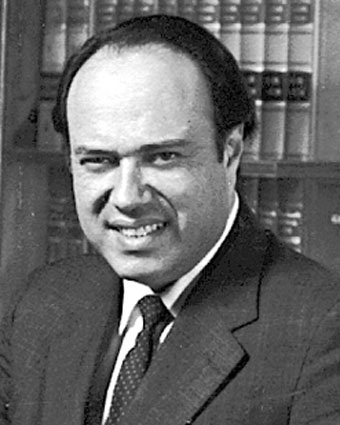Borrower's counsel has to provide many items for a construction loan closing:
(1) Comments and revisions to the commitment letter;
(2) Comments and revisions to the loan documents including the construction loan agreement;
(3) A title insurance policy with the endorsements required by lender's counsel;
(4) A survey which meets lender's requirements
(5) A zoning/permitting/environmental opinion letter;
(6) A due authorization/enforceability opinion letter;
(7) Copies of all entity documents such as the operating agreement of the LLC, certificates of legal existence/good standing and manager's consent to the loan transaction;
(8) Construction contract duly executed by the general contractor and the borrower; and
(9) Owner-architect agreement duly executed by the architect and the borrower.
(10) Personal guaranty.
These are the main items for which I am responsible when I represent a borrower at a construction loan closing. Of course, if the closing involves the acquisition of the property, I add to the closing agenda the executed purchase and sale agreement, deed and other acquisition documents.
Personal guarantees signed by the principals of the developer are often an issue in a construction loan closing. A lender will want an unlimited joint and several guaranty. It is possible to get the lender to accept something less such as a deficiency or shortfall guaranty, a joint but not several guaranty, a guaranty limited to a fixed dollar amount or a guaranty just of certain "carveouts", e.g. if the developer steals, commits fraud, fails to pay real estate taxes or files bankruptcy.
In the event there is a mezzanine lender, the two lenders will want to spell out their respective rights in an intercreditor agreement. Borrower's counsel often has to get the lawyer for the first lender and the lawyer for the mezzanine lender to agree on the language of the intercreditor agreement.
The changes in the loan documents will depend on the type of loan. For example, in a conduit loan, the Lender's counsel will allow very few changes.
Finally, it always helps if borrower's counsel has a familiarity with the site and the development plan. This is especially important as lender's counsel is often not familiar with the site or the proposed development. Borrower's counsel is often the "quarterback" on the team responsible for the closing.
Saul Feldman is a real estate attorney with Feldman & Feldman, PC, Boston.
Tags:
An attorney is responsible for many items when representing a borrower at a construction loan closing
November 19, 2007 - Spotlights









.png)